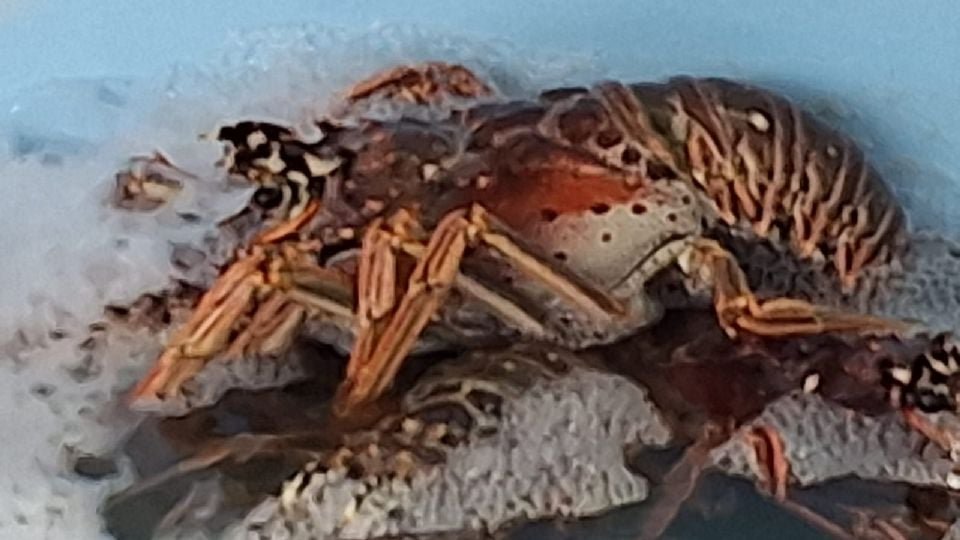Cozumel, Mexico — Despite the absence of a formal complaint, authorities are working to address reports of illegal fishing for both spiny lobster and queen conch in Cozumel. Mario Javier Martín Castillo, the local representative for the National Aquaculture and Fisheries Commission (CONAPESCA) in northern Quintana Roo, stated that coordination with the Secretary of the Navy (SEMAR) is underway to prevent these alleged cases of resource depletion.
Martín Castillo emphasized the importance of filing formal complaints, which can be submitted via a written document directed to CONAPESCA through its website, or to the Secretary of the Navy, or the local commission office. This is necessary to implement specific measures, particularly as proper permits are required for lobster extraction even during the active fishing season.
Economic and Sustainability Concerns Raised by Local Fishermen
According to legal lobster fishermen, a primary issue is the market price, which is sometimes driven down by the presence of illegal fishers who do not adhere to official size regulations for lobster. The mandated minimum size is 13.5 centimeters for the tail section, a rule designed to ensure sustainable fishing practices.
The problem, as explained by the fishermen, is that individuals fishing illegally also harvest lobsters at a smaller size and sell them at a very low price. This practice damages the market, harms the development of the crustacean by interrupting its normal growth cycle, and creates a long-term problem by reducing the number of lobsters available for reproduction.
Regarding the queen conch, the CONAPESCA official stated there are no complaints and no cases of depletion have been detected. He noted the species is under a permanent fishing ban and that the Cozumel Fishing Cooperative has implemented a self-imposed ban, choosing species conservation even though they have held the authorization to fish it.
Martín Castillo confirmed that operations have been conducted in coordination with SEMAR and marine inspectors, who will be conducting land-based inspections in the coming months. These inspections will target establishments that sell seafood, with a particular focus on lobster. The closed season for lobster is set to begin on March 1 and end on June 30.
Discover more from Riviera Maya News & Events
Subscribe to get the latest posts sent to your email.
